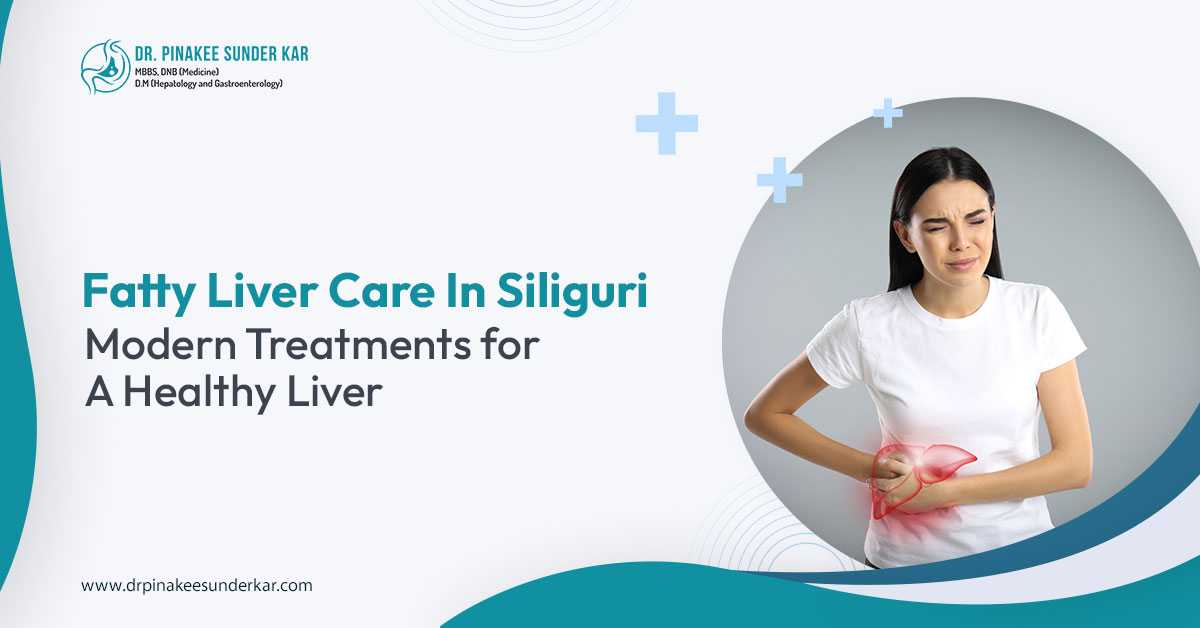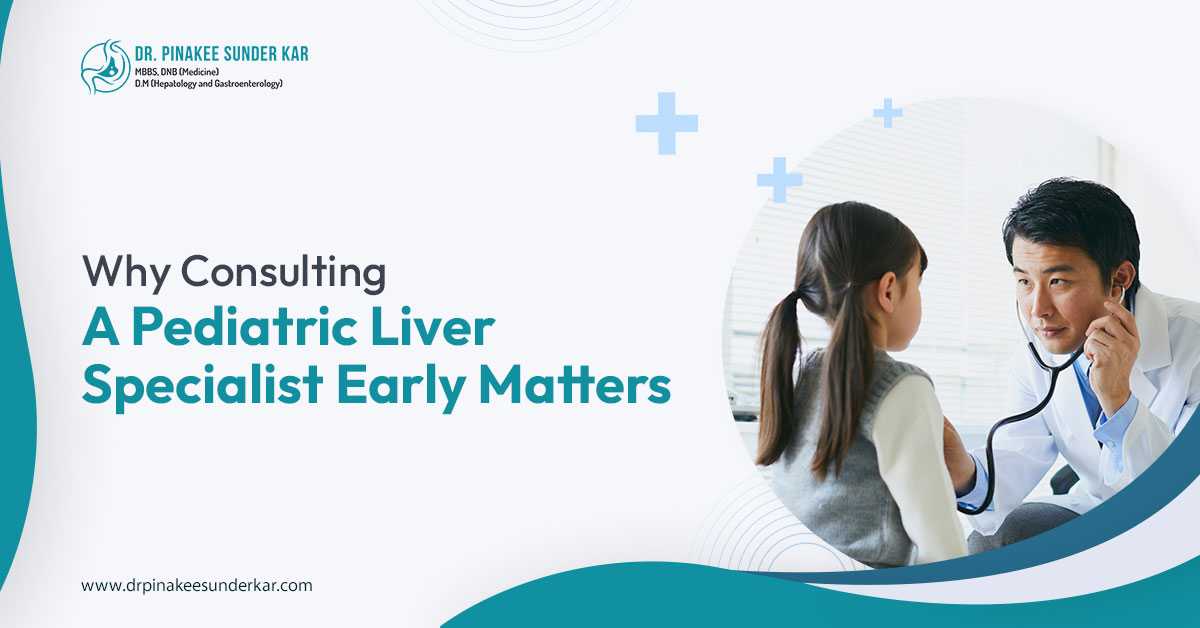Gastrointestinal emergency doctor plays a very important role in managing as well as treating conditions that are affecting the digestive health or system, which may include the liver, stomach, pancreas, or other related organs present in our body.
A gastrointestinal doctor is someone who has experience in treating severe Gastric conditions that may require immediate attention. Siliguri gastrointestinal emergency doctor can help you by treating this condition.
Here is what you need to know about the role of a gastrointestinal emergency doctor:
1. Look for a gastrologist with good experience
- Before looking for a gastrologist try to check their experience, especially in the field of gastric issues.
- A skilled gastrologist is quick enough to assess patients with severe abdominal pain, vomiting, or rectal bleeding.
- Make sure to check if the gastroenterologist has completed their medical education as well as residency training or not.
- Gastroenterologist from a reputed medical college or residency training indicates that they hold a good value in this field.
- A gastroenterologist with several years of working experience is likely to handle a wide range of cases. Try to look for gastroenterologist in Siliguri with at least 10 years of work experience or more.
2. Quick Assessment and Diagnosis of Acute GI Conditions
A good gastroenterologist is quick enough to assent patients who come to them in case of severe GI symptoms this includes:-
- Severe Abdominal Pain most common reason for gastrointestinal emergency can be conditions like bowel obstruction or appendicitis.
- Vomiting or nausea:-In case you are facing symptoms like vomiting or nausea that means it is a sign of infection or gastric bleeding.
- Rectal bleeding:-Severe conditions of haemorrhoids or gastrointestinal cancers can cause frequent bleeding and an immediate check-up is needed in that case.
- Facing problems while swallowing:-This are sign towards a condition like oesophageal cancer or a more serious condition.
- Fever and frequent weight loss often in this condition you might face issues like fever which might result in frequent weight loss.
3. Emergency mediation or method
- Once a diagnosis is prepared or made that means the gastrointestinal emergency doctor may need to perform various medications or interventions to stabilize the patient and treat the condition. These might include methods like:-
- Endoscopy:-Endoscopy is a method by which doctors can check or look inside your body. It uses tools which is also known as endoscope, or scope for short. Often used in cases of severe abdominal pain or Gastrointestinal bleeding (GI).
- Surgical Intervention:-In serious situations surgery might be the last option in that case surgical intervention is important. This method involves removing an inflamed appendix (appendectomy) or treating other conditions like strangulated hernias.
- Colonoscopy:-This method is used to examine the large intestine, which involves using colonoscopy for diagnosing conditions like colorectal cancer or diverticulosis.
- Drainage or stent Placement:-This method is used in case of blockage or abscess, the doctor may need to drain the area or place a stent for relief.
4. Pain Management in Gastrointestinal Emergencies
- Gastrointestinal emergencies are often associated with severe pain, especially in conditions like pancreatitis or bowel obstructions.
- The doctors are skilled enough to provide immediate relief using pain management techniques like medications or intravenous fluids
- The doctors often prescribe medications based on your present or past medical condition.
- Non-narcotic pain relievers can be used in case of mild pain to avoid the risk associated with narcotics.
- Gastrointestinal emergency doctors often prescribe to take IV fluids in case of dehydration caused by vomiting, diarrhoea, or in case of bleeding.
5. Management of Severe complications In Gastrointestinal emergency
- Many Gastrointestinal emergencies come with the risk of severe complications such as sepsis, shock, or organ failure.
- Sepsis:-Sepsis is a serious situation in which the body doesn’t respond properly to an infection. In this case, prompt antibiotic treatment and possible surgery are necessary to manage complications.
- Shock:-Shock can cause heavy bleeding and Lack of blood flow in the body. In this case, quick stabilization through blood transfusions is very essential.
- Organ failure:-In certain cases like severe pancreatitis or liver failure organs may start to shut down. In that case, immediate care is required so try to go for it.
- Psychosocial support: - In such serious cases patients as well as their families require. Psychosocial support to handle as well as cope with the situation.
Siliguri gastrointestinal emergency doctor specializes in diagnosing as well as treating conditions related to the digestive system. These conditions include gastrointestinal bleeding, severe abdominal pain, or bowel obstruction. A gastrointestinal emergency doctor is skilled enough to provide the right treatment with utmost care.







